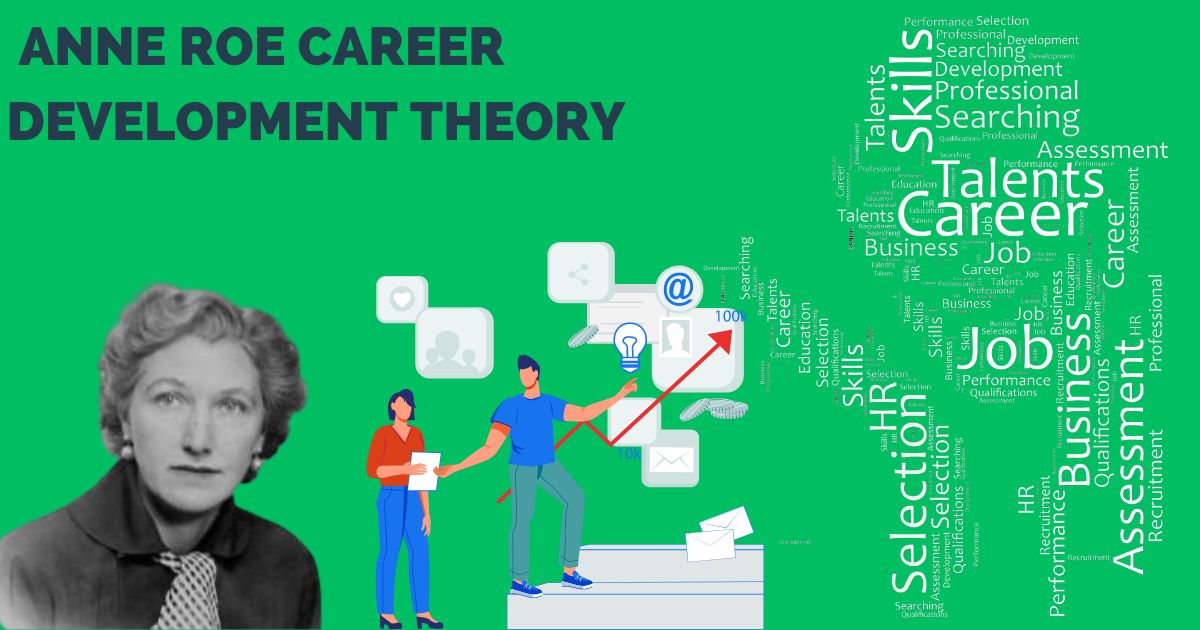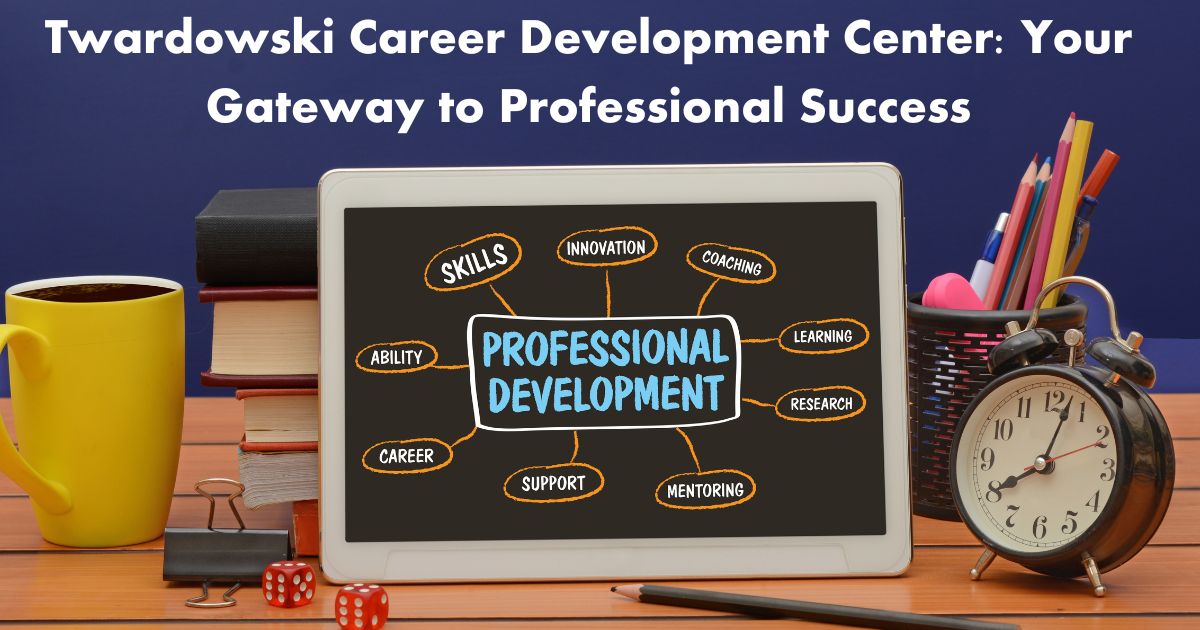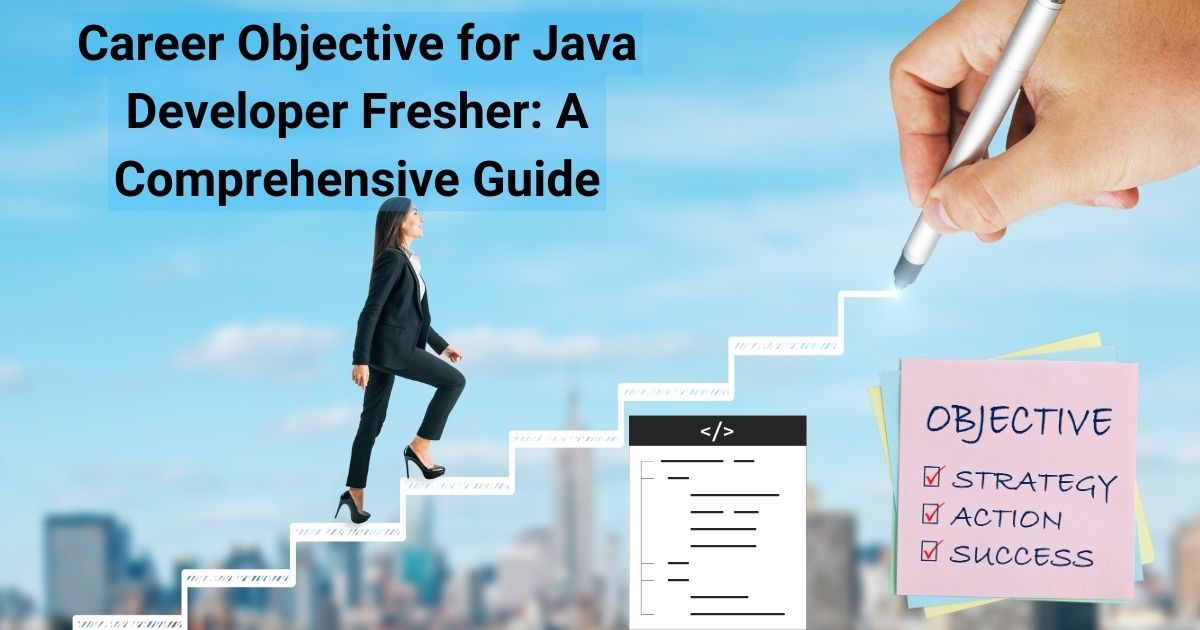Introduction:
Unveiling the Anne Roe Career Development Theory
In the realm of career development theories, Anne Roe’s model stands as a beacon of understanding and insight. With its roots deeply embedded in psychology of human behavior, the theory provides a framework to comprehend the intricacies of choices in career development. This article delves into core principles’ theory, exploring significance, applications, implications in today’s dynamic professional landscape.
Understanding Anne Roe Career Development Theory:
Origins and Background
Anne Roe, an outstanding American psychologist, crafted her profession improvement idea within the mid-twentieth century. Drawing from her enormous studies and scientific observations, Roe proposed a comprehensive model that elucidates the interplay among individual characteristics and environmental influences in shaping career alternatives.
Key Components of Anne Roe’s Theory
Psychological Needs:
Central to Roe’s theory is the idea of psychological desires, which she labeled into 3 dimensions: energy, affiliation, and success. These wishes serve as drivers that impact any person’s career aspirations and alternatives.
Parental Influence:
Roe underscored the pivotal role of parental attitudes and values in molding an individual’s career orientation. She posited that parental characteristics and child-rearing practices significantly impact vocational development.
Genetic Endowment:
According to Roe, genetic predispositions play a crucial role in determining an individual’s aptitudes, interests, and personality traits. These inherent attributes interact with environmental factors to shape career choices.
Perceived World of Work:
Roe emphasized the importance of how individuals perceive the occupational world. Factors such as social status, prestige, and opportunities for advancement influence career decision-making processes.
Applications of Anne Roe’s Theory
Anne Roe’s career development theory finds diverse applications across various domains, including:
Career Counseling:
Experts in the field of counseling utilize Roe’s model to help individuals in investigating career options, understanding professional interests, and making informed career decisions.
Educational Settings:
Educators use Roe’s hypothesis to plan curriculum and instructive programs custom fitted to students’ career aspirations and aptitudes.
Organizational Development:
Human resource specialists join Roe’s experiences to foster worker engagement, fulfillment, and maintenance by adjusting job roles with employees’ psychological needs and goals.
Table summarizing the key concepts of Anne Roe’s career development theory:
| Concept | Description |
|---|---|
| Psychological Needs | Anne Roe identified three primary dimensions of psychological needs: power, affiliation, and achievement. These needs influence an individual’s career choices and aspirations. |
| Parental Influence | Parental attitudes, values, and child-rearing practices significantly influence an individual’s career orientation and vocational development according to Roe’s theory. |
| Genetic Endowment | Genetic predispositions, including aptitudes, interests, and personality traits, interact with environmental factors to shape career choices, as elucidated in Anne Roe’s theory. |
| Perceived World of Work | How individuals perceive the occupational world, including factors such as social status, prestige, and opportunities for advancement, influences career decision-making processes. |
FAQs about Anne Roe Career Development Theory
Q1: What are the primary dimensions of psychological needs in Anne Roe’s theory?
A: Anne Roe identified three primary dimensions of psychological needs: power, affiliation, and achievement. These needs influence individuals’ career choices and aspirations.
Q2: How does parental influence shape career development, according to Anne Roe?
A: Anne Roe posited that parental attitudes, values, and child-rearing practices significantly influence an individual’s career orientation and vocational development.
Q3: What is the significance of genetic endowment in Anne Roe’s career development theory?
A: Genetic endowment refers to inherent aptitudes, interests, and personality traits that interact with environmental factors to shape career choices, as elucidated in Anne Roe’s theory.
Conclusion
In conclusion, Anne Roe’s career development theory remains a cornerstone in understanding the intricate dynamics of vocational development. Its holistic approach, encompassing psychological needs, parental influences, genetic predispositions, and perceptions of world work, provides valuable insights into decision-making processes. By incorporating principles in counseling, education, organizational practices, professionals can empower individuals to navigate their paths with clarity of purpose.
By shedding light on essence theory, this article aims to deepen appreciation for her enduring contributions to field.




